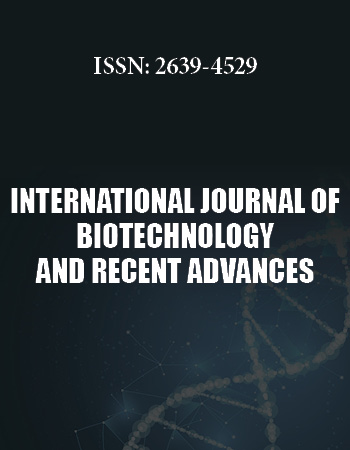European Microbiology Research Conference
December 3-4, 2018 Valencia, Spain
Molecular Epidemiology of Giardia duodenalis Infection in Humans in Southern Ethiopia: A Triosephosphate Isomerase Gene-Targeted Analysis
1,2Jimma University, Ethiopia
3Vrije Universiteit Brussel, Belgium
Background: Giardia duodenalis imposes significant public health crisis on developing countries, however its genetic diversity and infection risk factors are less studied in these areas. This study was conducted to determine the molecular epidemiology of G. duodenalisin Southern Ethiopia.
Methods: From March to June 2014, stool samples were collected from 590 randomly selected individuals. Socio-demographic data were gathered using a pre-tested structured questionnaire. The genotyping was done using TPI gene-based nested PCR and DNA sequencing. The isolates genetic identity and relatedness were determined using BLAST and phylogenetic analyses. Risk factors were analysed using binary and multinomial logistic regressions.
Results: The results showed that 18.1% (92/509) of the subjects were infected by G. duodenalis, 35.9% (33/92) was assemblage A, 21.7% (20/92) assemblage B and 42.4% (39/92) mixed infections of A and B. Most assemblage A isolates (94%, 31/33) were 100% identical to sequences in GenBank, the majority belonged to sub-assemblage AII. However, the high frequency of double peaks in chromatogram made assemblage B sub-typing more problematic, only 20% (4/20) of the isolates matched 100% with the sequences. Age (P=0.032) and drinking water sources (P=0.003) showed significant association with G. duodenalis infection.
Conclusion: G. duodenalis infection is endemic in Southern Ethiopia; assemblage A was more frequent than assemblage B. The rate of infection was higher in children and in municipal/tap and open spring water consumers than the other groups. The present study confirms the need for further studies to be conducted focusing on sub-types of assemblage B and the origin of heterogeneity.
Biography:
Mengistu Damitie received his Bachelor Degree in Biology from Bahir Dar University in 2006 and Master of Science in Biology (Biomedical Sciences) from Addis Ababa University in 2010. He has been an instructor of Medical Parasitology, Immunology and Vector Biology from 2010/11-2013 in School of Medicine, College of Medicine and Health Sciences, Arba Minch University, Ethiopia. During this period, he was also served as head of School of Medicine and involved in different positions and professional memberships. Since 2014, he is doing PhD (Doctor of Science) in Vrije University Brussel, Belgium and Environmental Health in Jimma University, Ethiopia.


